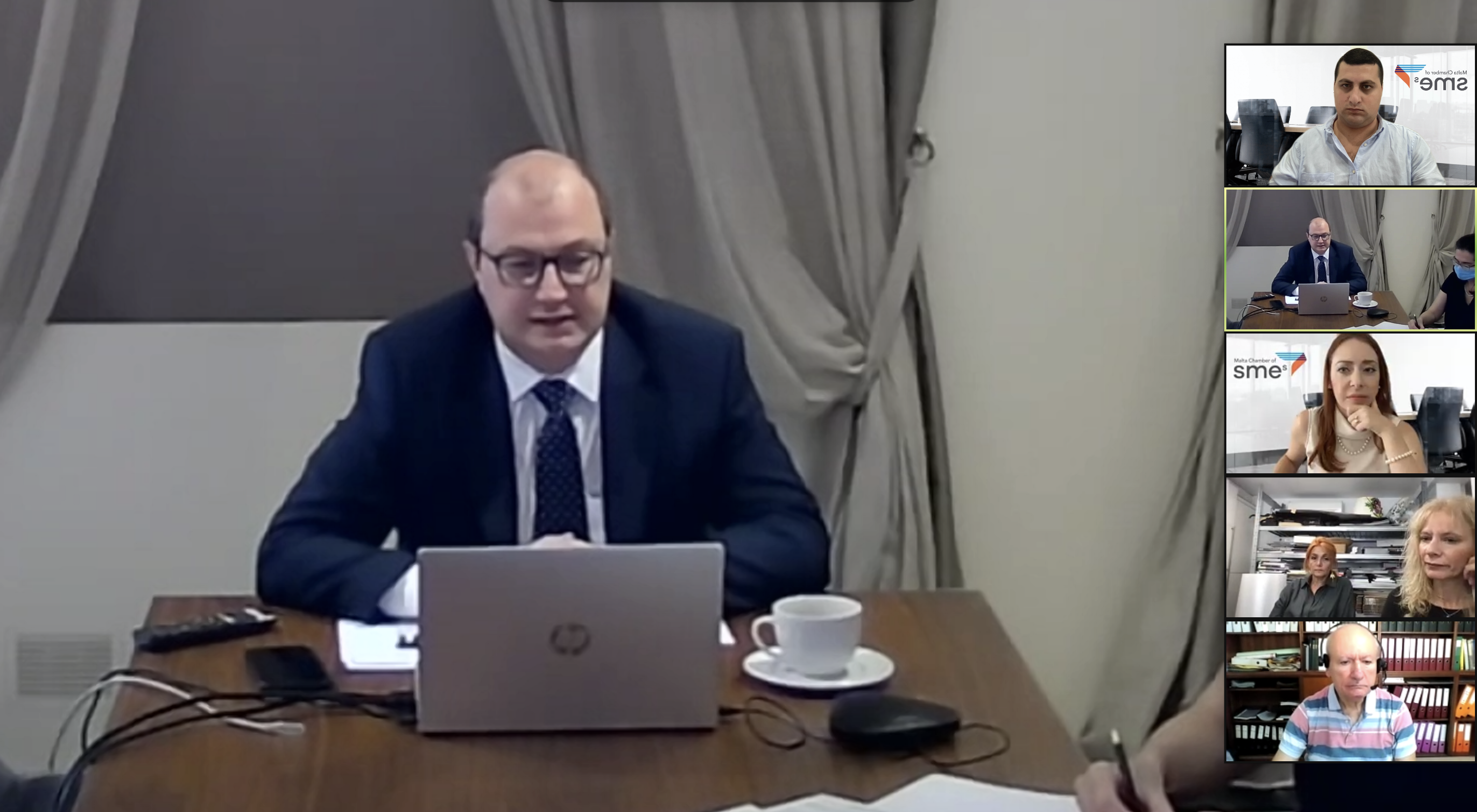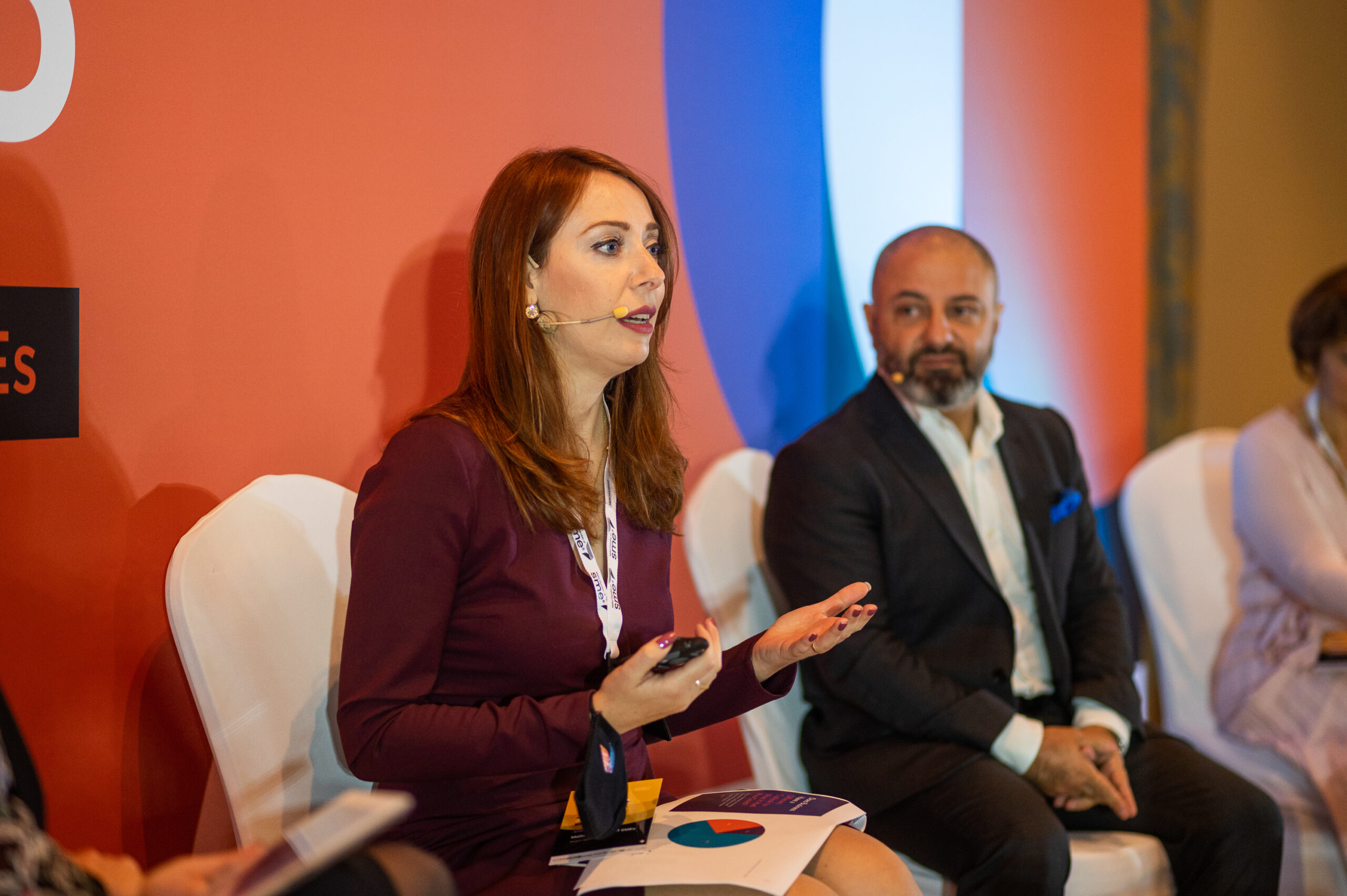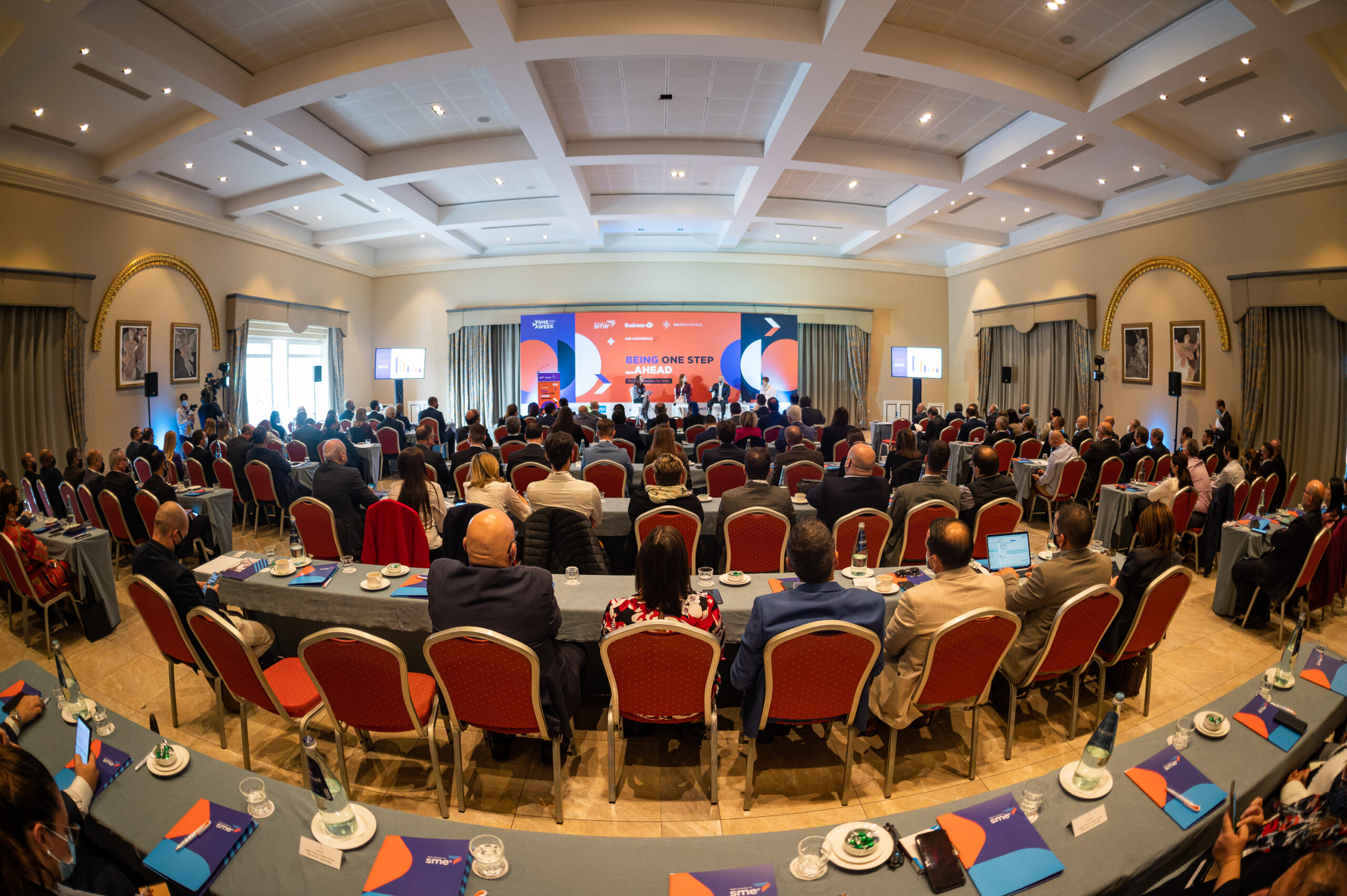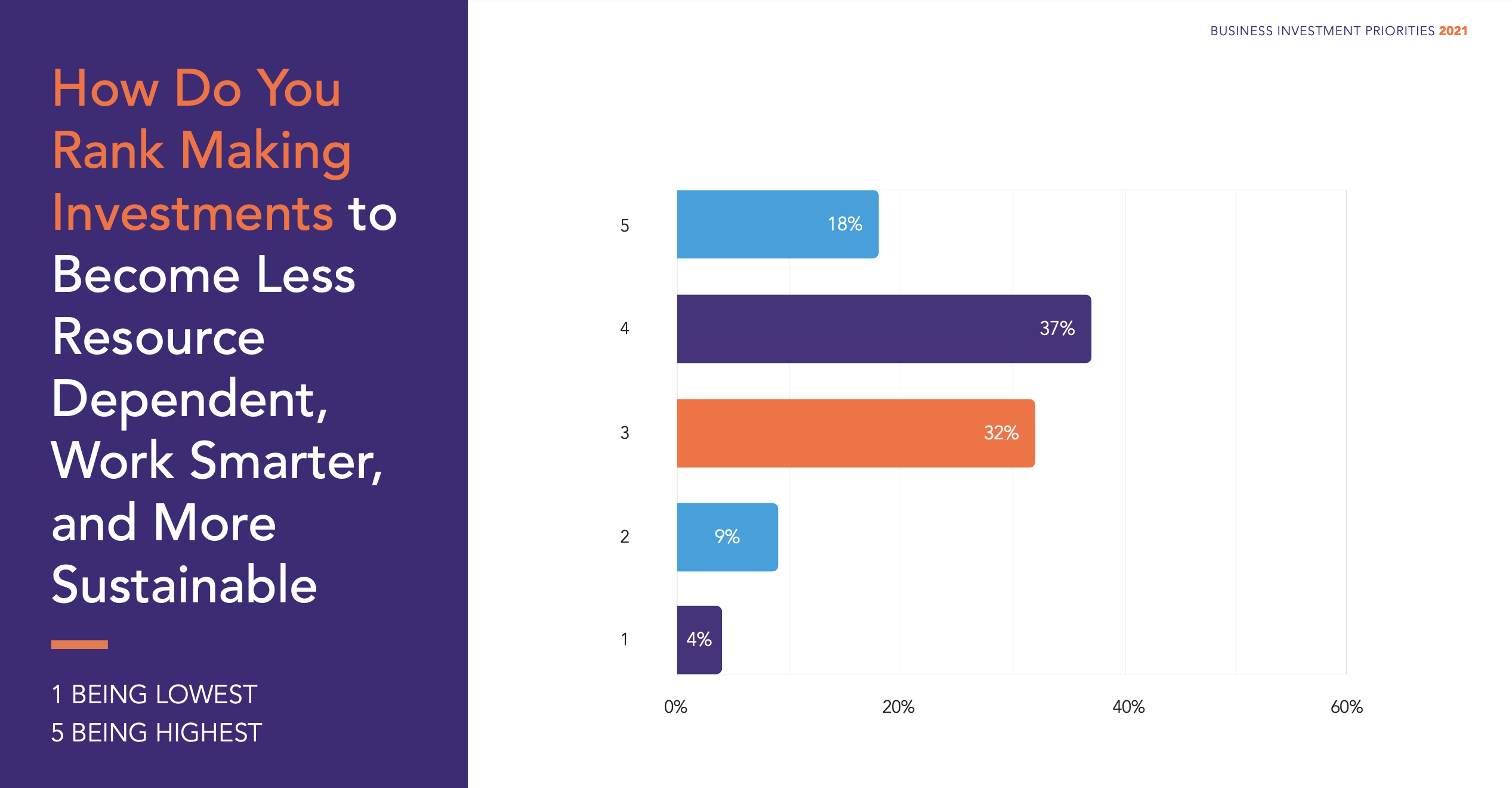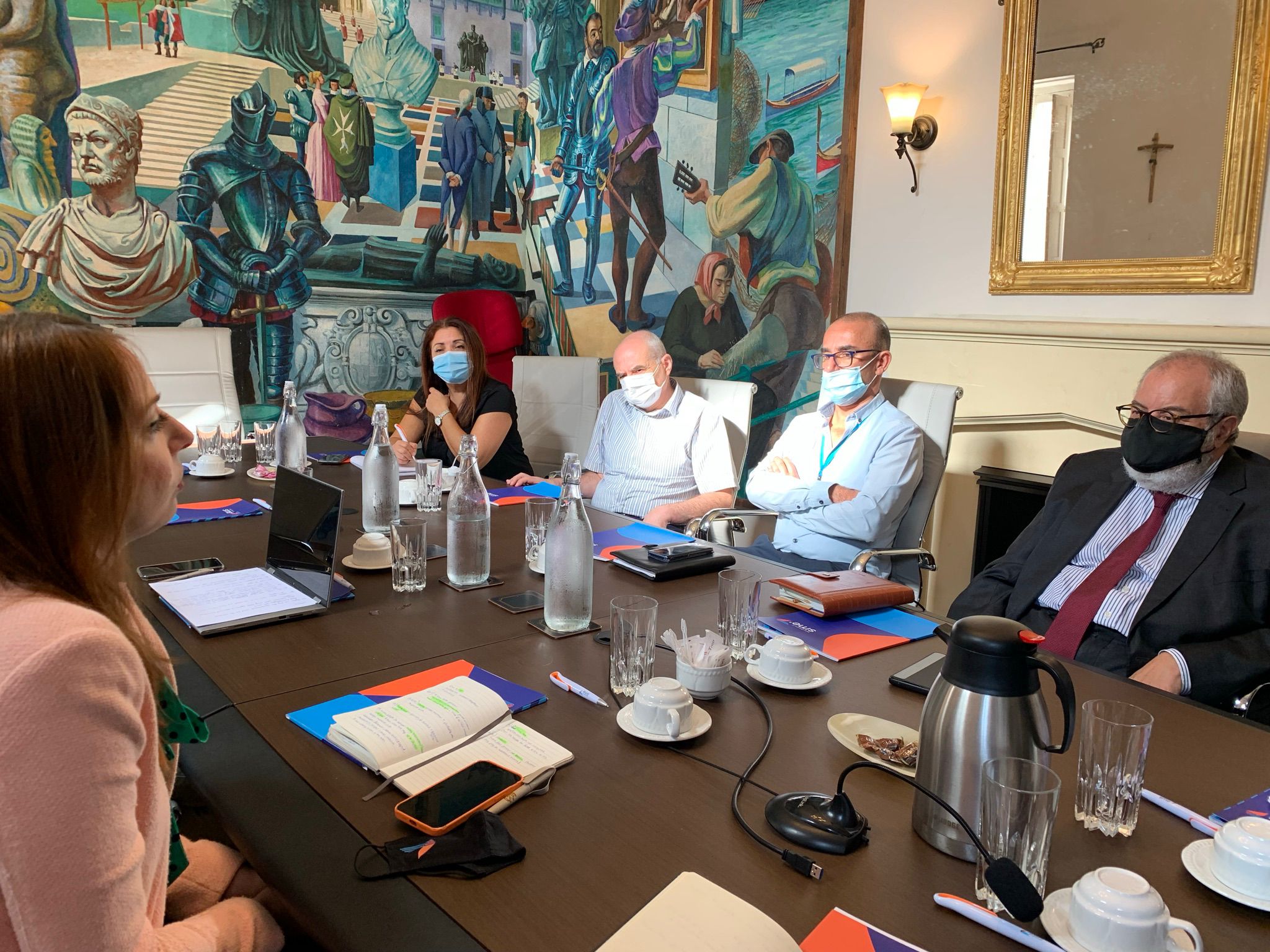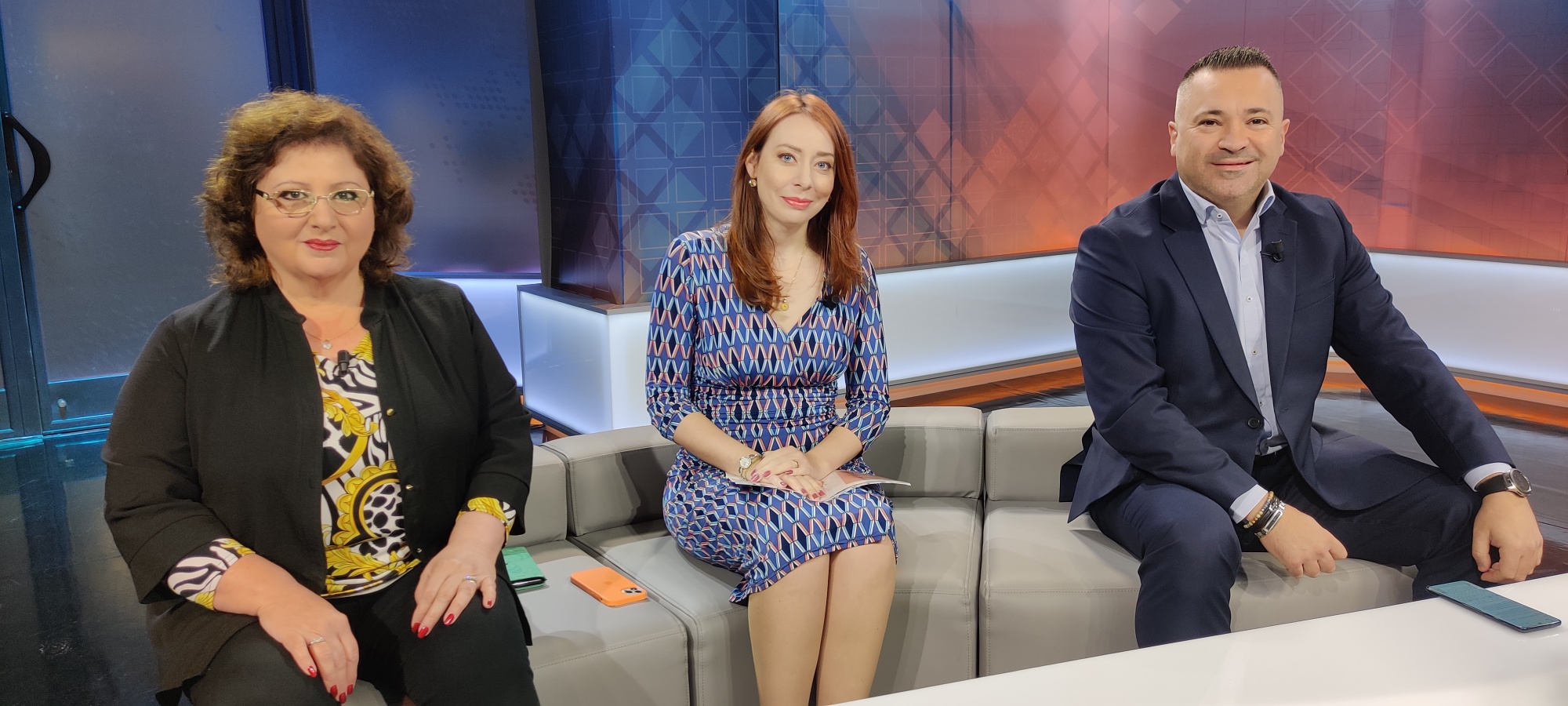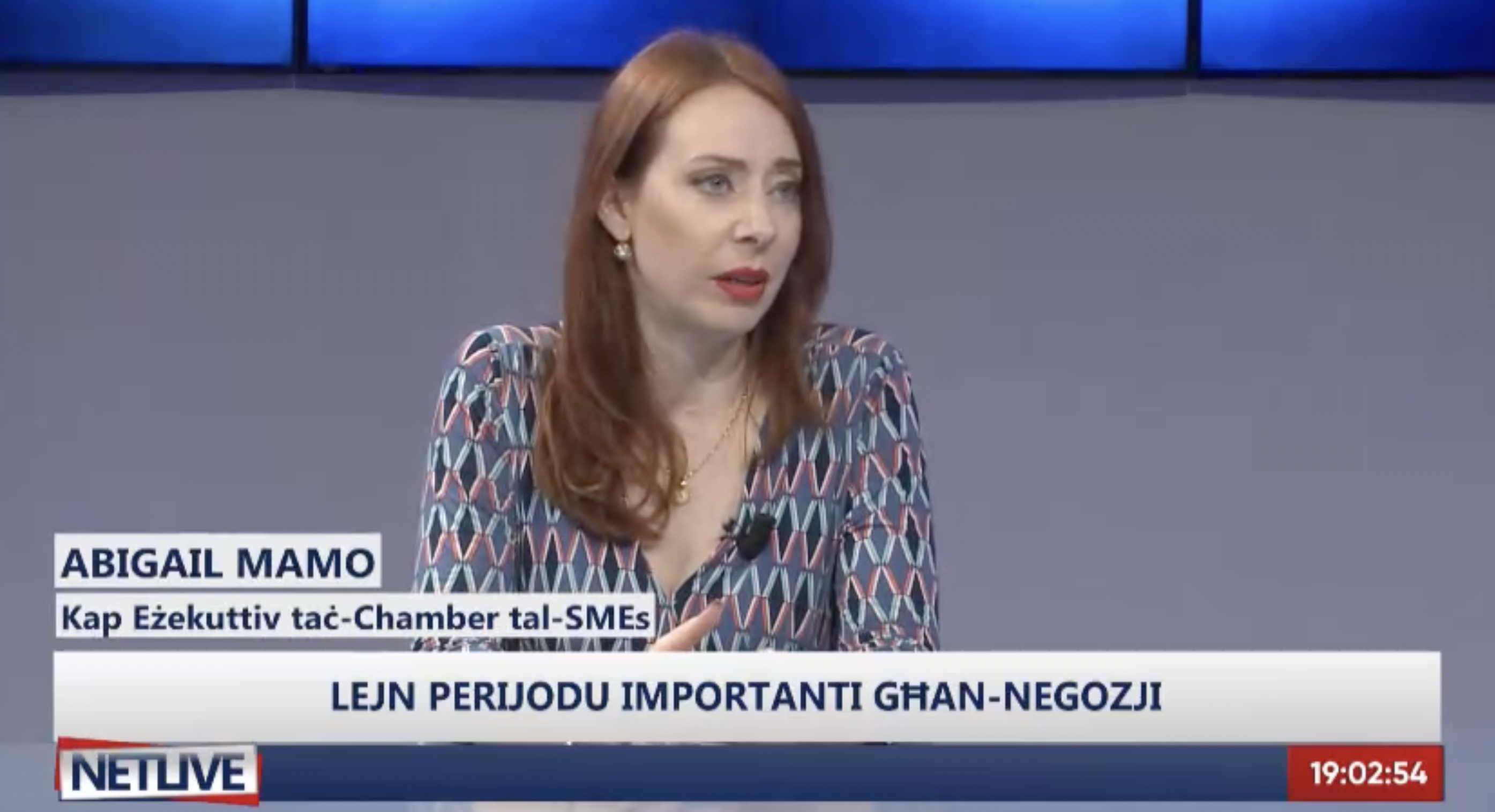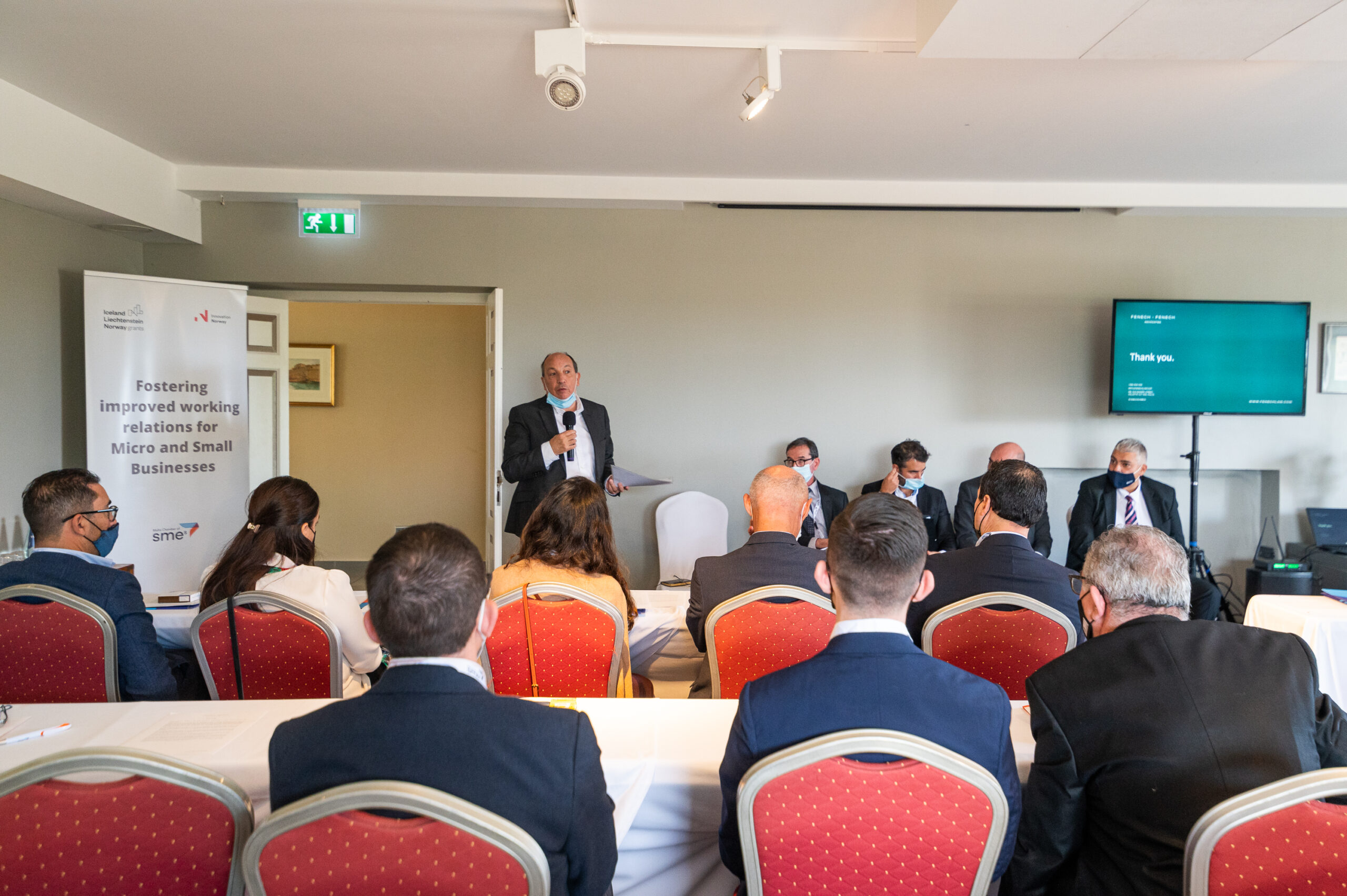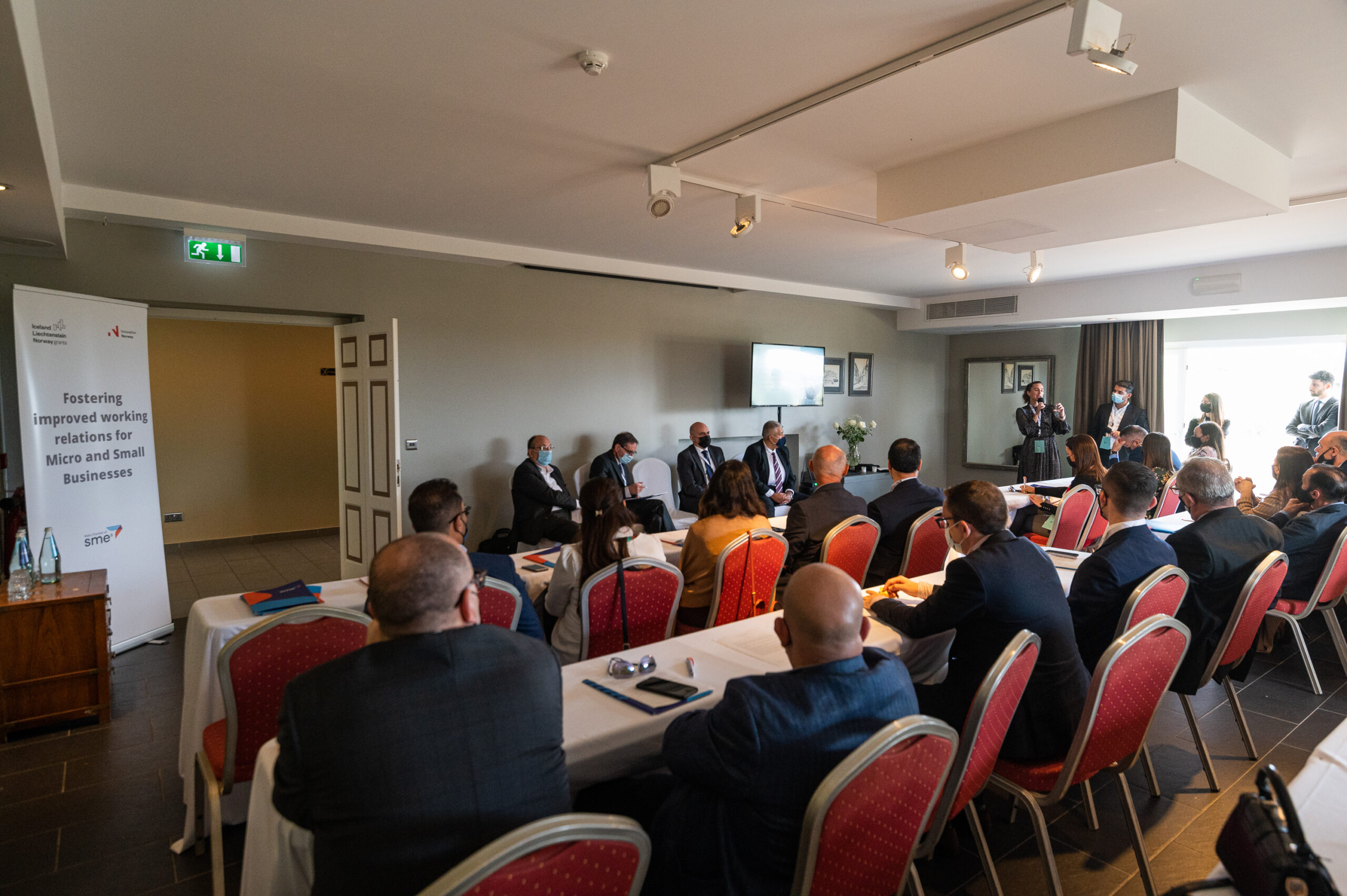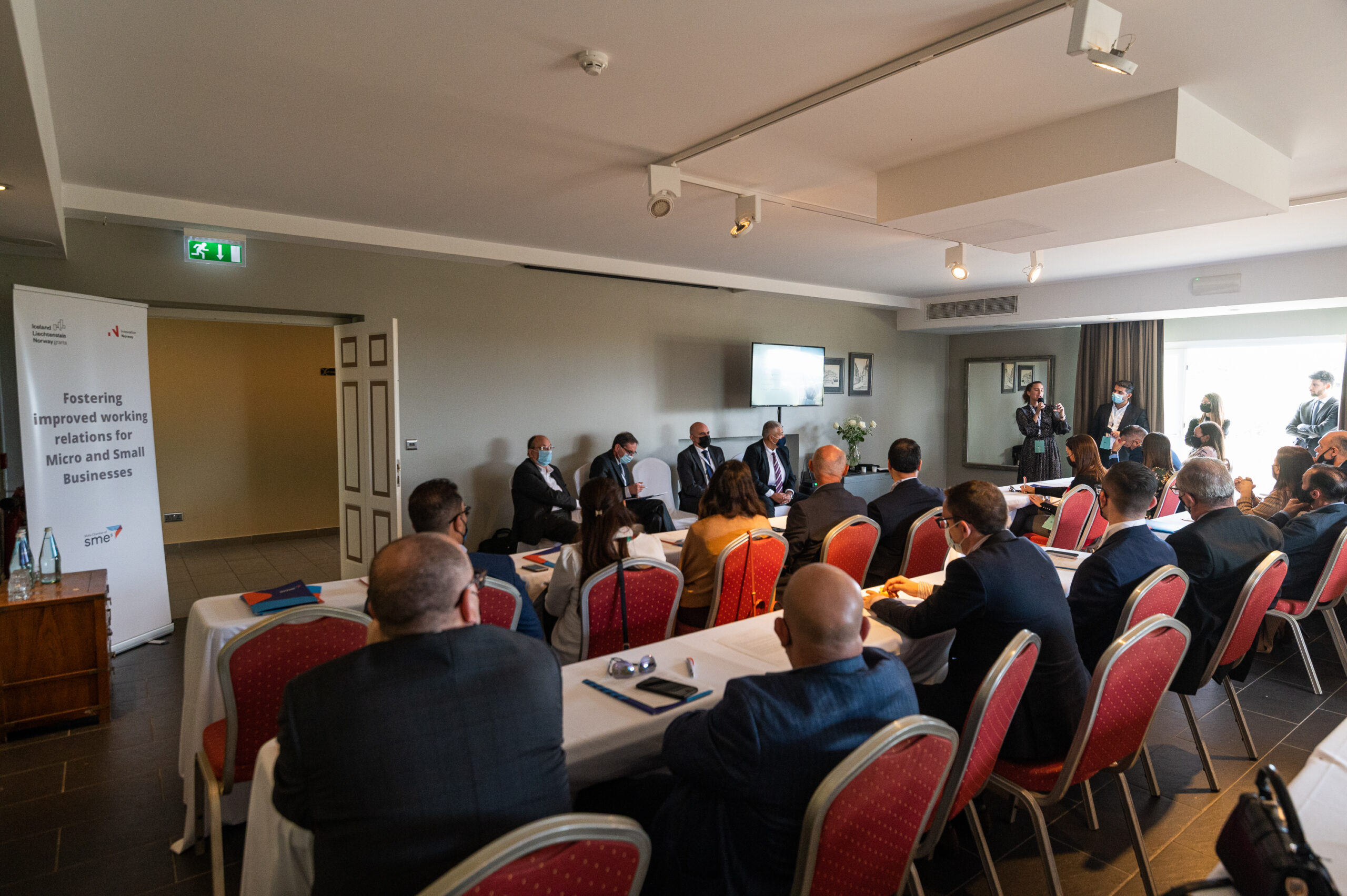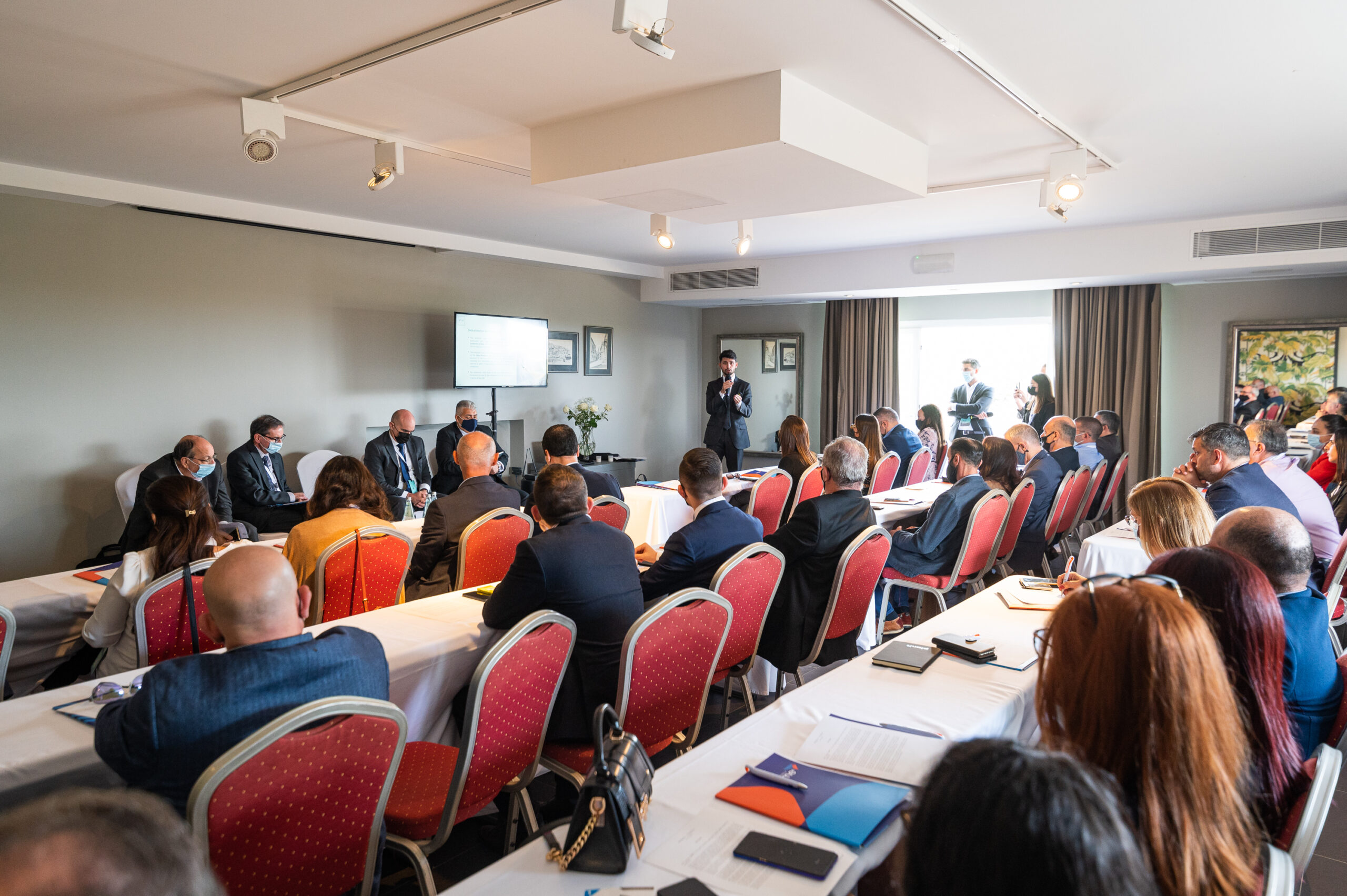The employer organisations warned that an ageing work force across the European Union will present a challenge in Malta in the coming years

The Malta Employers’ Association, The Malta Chamber of Commerce, Enterprise and Industry, the Malta Chamber of SMEs, the Malta Hotels and Restaurants Association and the Gozo Business Chamber are calling on government to put an immediate halt on the drain of human resources from the private sector, to be employed in the public sector including state appointed bodies.
More and more members of these organisations are voicing their concern about employees who resign haphazardly to take up what is perceived to be a more secure job with less work pressure in government entities. Some companies are having to reduce their operations as a result of a shortage of manpower. Many have to resort to replacing Maltese employees lost to the public sector with other nationalities. This is changing the distribution of the labour force, as government is employing a greater percentage of the Maltese labour force, with companies compensating for labour shortfalls by engaging more foreign labour. The business organisations stated that they are convinced that, in many cases, there is no real need for these persons in the public sector. It must be borne in mind that public sector employment is financed by the output and taxes generated by entrepreneurs and their employees, and depleting the private sector of human resources will spell trouble even for tax revenue generation.
The employer organisations warned that an ageing work force across the European Union will present a challenge in Malta in the coming years, as countries will compete for the younger cohort. This is all the more reason why government should not make the situation worse, simply for political expediency. Human resources in Malta are scarce and limited, and therefore cannot be squandered in this manner. To make matters worse, many companies are also complaining about the difficulties they still encounter in employing third country nationals, including cases of repatriation of workers who have been working here regularly for years. The economy can only progress by upskilling the local labour force and channelling it into productive use, both in the private and public sector.


